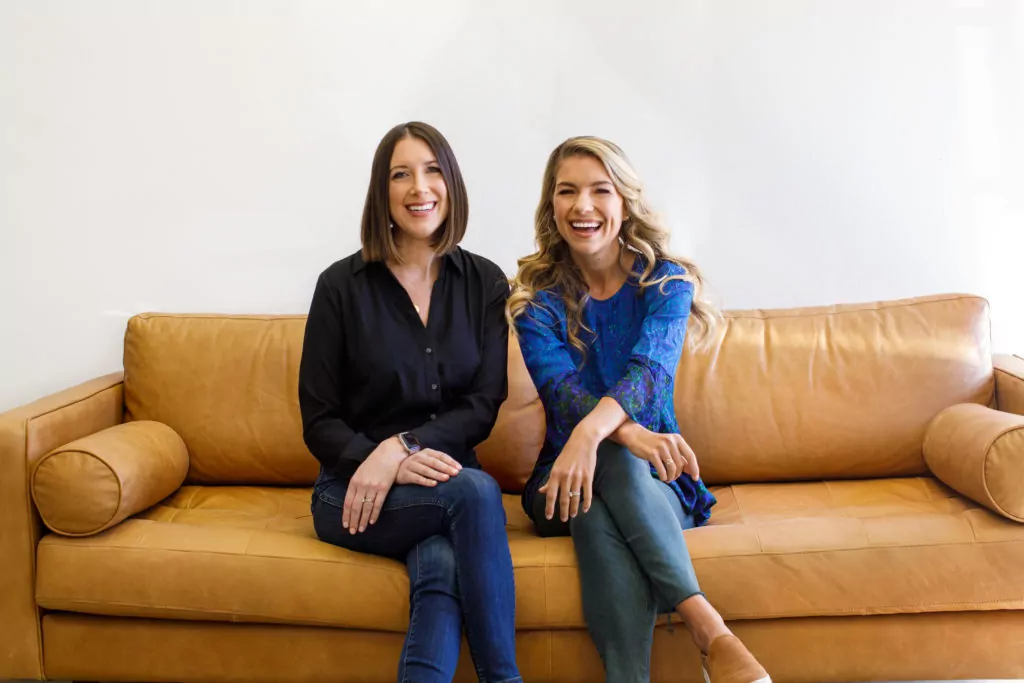Since its founding in 2019, virtual provider Equip has been doing its part to help stem the tide of eating disorders. Now, after having proved its outcomes-based treatment approach to insurer Aetna, the two companies are partnering to offer services to plan beneficiaries.
Aetna – which is owned by pharmacy giant CVS Health (NYSE: CVS) – is initially rolling out the program to members in California, New Jersey, New York, Oregon, Texas and Washington. The services provided by Equip are rooted in Family-Based Treatment (FBT), which includes the involvement of a member’s entire family during the healing process.
FBT is provided through intensive outpatient services as opposed to hospitalizations. A number of providers throughout the eating disorder treatment industry use FBT, which has become recognized as a gold standard of care for disorders like bulimia and anorexia nervosa.
Around 9% of the American population are affected by eating disorders, which are the second leading cause of mental illness fatalities behind opioid use disorder.
“Our mental well-being doesn’t only affect us, it affects those around us who love us,” Cara McNulty, Aetna’s president of behavioral health and employee assistance programs, told Behavioral Health Business. “What’s really important about this model is that it’s not only the individual, it’s their support.”
Equip provides FBT treatment through a five-person care team consisting of therapists, physicians, peer and family mentors, as well as dietitians. The partnership with Aetna marks the latest accomplishment for San Diego-based Equip, which in February raised $58 million in a Series B funding round – bringing its total amount raised to date to nearly $75 million.
The partnership also comes as data has shown hospitalizations for eating disorders to have doubled in 2020 over a two-year period. Additionally during the pandemic, eating disorder helpline calls have jumped, symptoms of anorexia have worsened and episodes of binge eating have increased.
Young people are especially vulnerable to eating disorders. According to a study published in 2010 by the Journal of the American Academy of Child and Adolescent Psychiatry, 21 was found to be the median age for binge eating disorder onset. The same study revealed the median age for onsets of anorexia and bulimia to be 18.
“We could see this prior to the pandemic that the need for eating disorder treatment was continuing to grow,” Equip Co-Founder and CEO Kristina Saffran told BHB. “Then add a pandemic, and you have this young adult population that is isolated and feeling that they are going through something that no one else is.”
Inside the Aetna-Equip partnership
McNulty said that Aetna, from its internal data, has seen a rise among members in indicators that suggest the presence of eating disorders.
“Young people – and people in general – who suffer with an eating disorder have such a hard time getting to a quality program,” McNulty said. “They tend to struggle longer than if they were to have another mental health disorder or another physical health disorder.”
Equip currently offers services in over 40 states and is in-network with 10 major commercial health insurance plans, including Aetna. The company is also in-network with the Partnership HealthPlan, which is a Medicaid plan provider.
Equip uses PHQ-9 and GAD-7 assessments to measure comorbid conditions like anxiety and depression among users, who also fill out eating disorder questionnaires to round out their profile.
The company touts that its services result in a 71% reduction in symptoms of users after eight weeks, along with two-thirds reporting improvements in their moods.
“We need to have outcomes,” said Saffran, who herself previously battled an eating disorder. “Insurance companies deserve to see the outcomes of what they’re paying for. And more importantly, our providers need to be continually looking at outcomes to make sure that what they’re delivering works.”
Saffran also asserts that Equip’s services are set up to produce better outcomes for patients compared to other providers, particularly in the residential treatment space.
“85% of our patients right now are on weight gain, and most of them have about 20 pounds to gain,” she said. “In a residential environment, when you’re living there and spending about $45,000 a month, the gold standard is a pound a week. We’ve been able to see two pounds a week in the first eight weeks and then one pound per week thereafter in a solely virtual outpatient environment.”
McNulty said that she was impressed by what Equip had to offer upon initially meeting with Saffran and company co-founder Dr. Erin Parks, who currently serves in the roles of COO and chief clinical officer.
Although early on she believed that Equip needed more time as a business to demonstrate results, McNulty said she was eventually won over by what she described the “fierce tenacity” Saffran and Parks had to the company’s outcomes-based approach model.
“When they came back, they had the results,” McNulty said. “They had the member experience. They had testimonials from users and their ecosystem. That was like nothing we had seen, and so we said, ‘Okay, let’s do this.’”
Aetna plans to expand the program to other states later this year, with future expansion plans also tied to the outcomes of members using Equip’s services.
“We’ll continue to look at the need, look at state expansion and look at the outcomes to see where we have gaps in services,” McNulty said. “This is about democratizing access for all people to quality care.”
That kind of care might also include the possibility down the line of value-based reimbursement arrangements with Aetna and other payors, according to Saffran.
“We are all about getting paid for getting patients better,” she said. “It’s early in our relationship. We’re collecting the data, and we’re figuring out as a new program how to do that in the most responsible way.”



